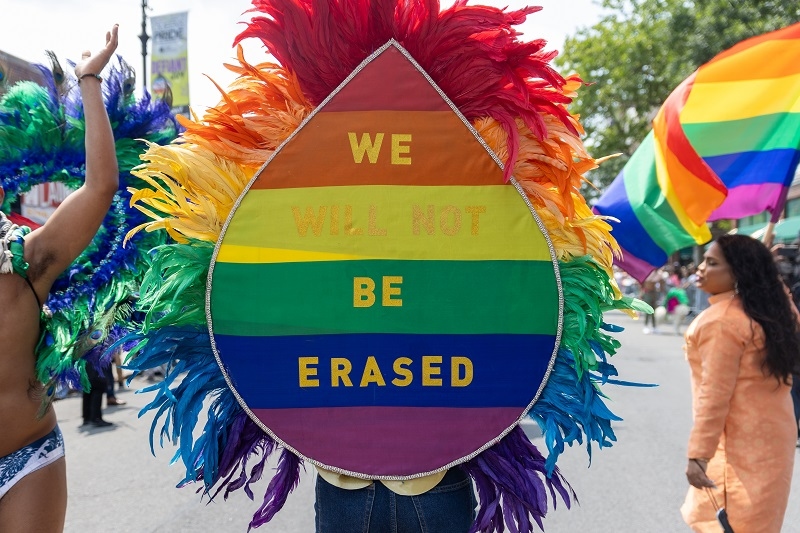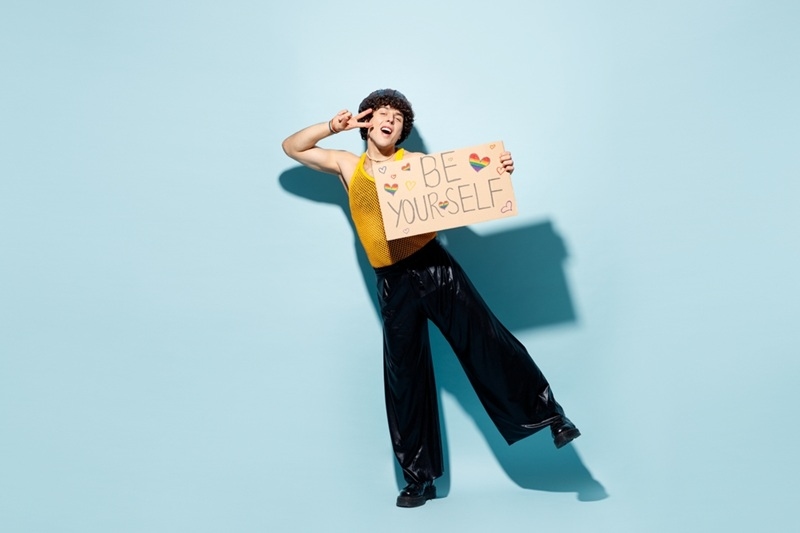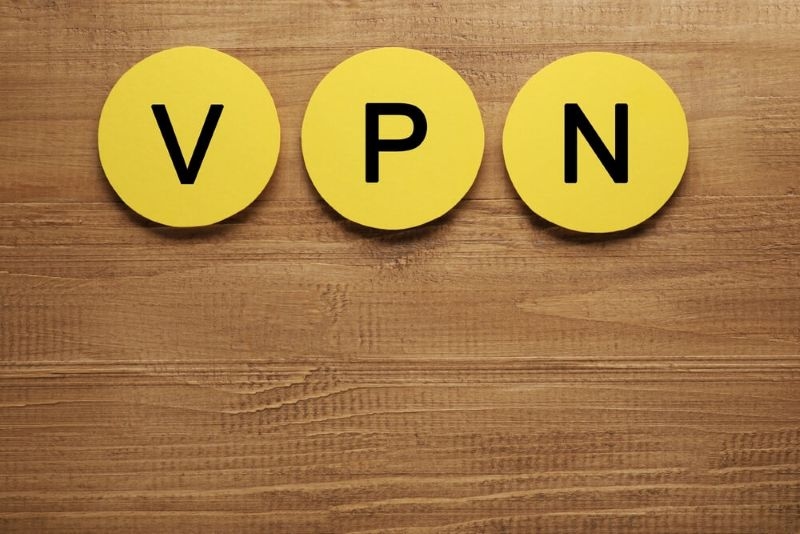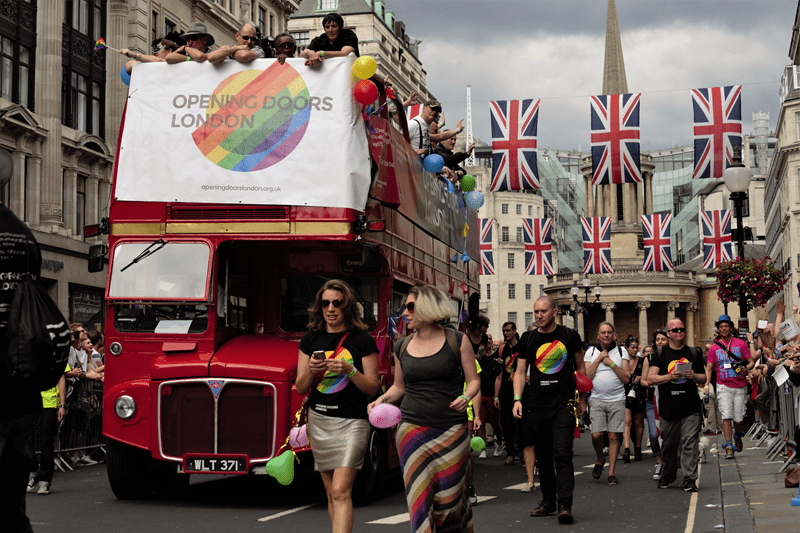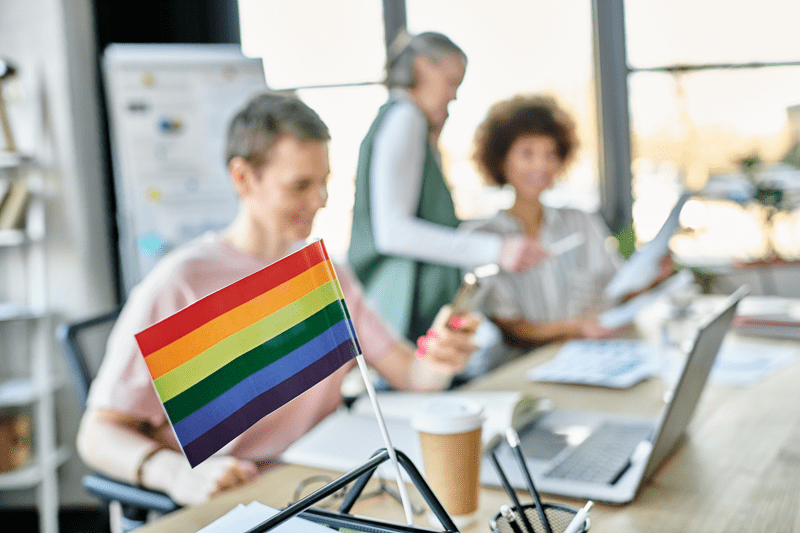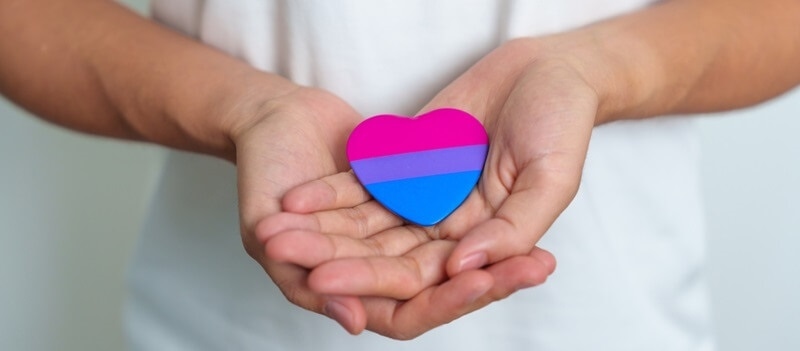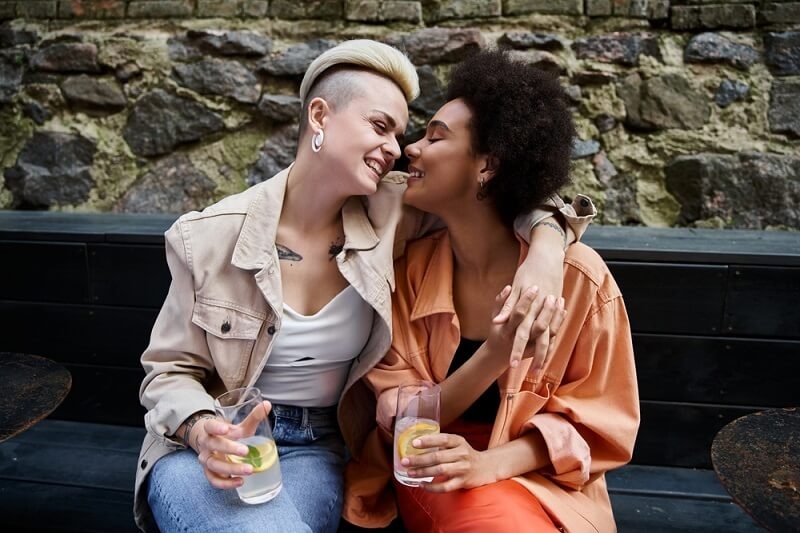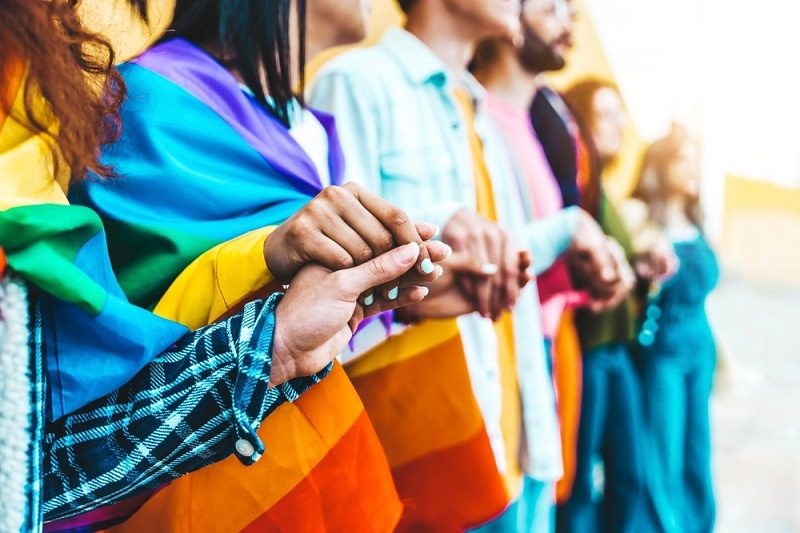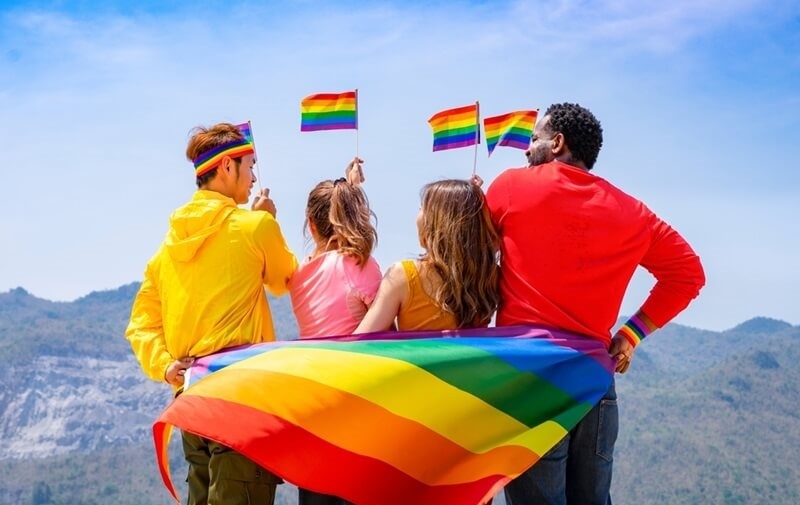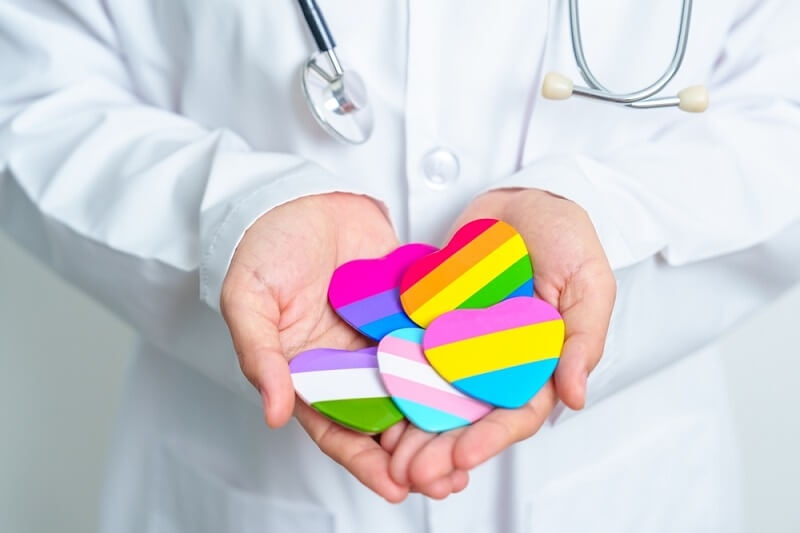Autosexuality: Self-Attraction and Its Implications

Understanding autosexuality is crucial in appreciating the diversity of human sexual identities. Autosexuality refers to a sexual orientation where an individual is primarily or exclusively attracted to themselves. This concept challenges traditional notions of sexual attraction, which typically involve another person. Recognizing and understanding auto sexuality is important because it validates the experiences of those who identify this way and promotes a more inclusive view of sexuality. It helps to break down stigmas and encourages acceptance of varied sexual orientations beyond the conventional heterosexual, homosexual, or bisexual categories.
What is Autosexuality?
Autosexuality is a sexual orientation where an individual experiences sexual attraction towards themselves. This means that their primary source of sexual arousal and satisfaction comes from their own body and self-image. Unlike other sexual orientations that involve attraction to others, autosexuality is centered on oneself. This orientation is not about narcissism or self-obsession but is a genuine sexual preference.
A common misconception is that autosexual individuals cannot form romantic or sexual relationships with others. However, many people who identify as autosexual can and do engage in relationships with others, although they might still prefer self-pleasure. Another misunderstanding is equating autosexuality with autoeroticism. While autoeroticism refers to the act of self-stimulation or masturbation, autosexuality is a broader orientation encompassing a consistent preference for one's own body over others.
Recognizing Autosexuality
Identifying as autosexual involves several indicators. Individuals who are autosexual often find greater sexual arousal and satisfaction from self-stimulation than from sexual interactions with others. They may frequently fantasize about themselves and consider their own body as the main focus of their sexual thoughts. This self-focused arousal is a defining feature of autosexuality, distinguishing it from other forms of sexual attraction.
While many people might occasionally experience self-arousal, for autosexual individuals, this is the predominant or exclusive form of sexual pleasure. The intensity and frequency of these experiences set autosexuality apart from autoerotic behaviors, which are more about the physical act of masturbation without the broader orientation towards oneself. This clarity in recognizing autosexuality helps differentiate it from other orientations, similar to the importance of understanding omnisexuality.
Navigating Relationships
For those who identify with autosexuality, relationships can present unique challenges. In romantic and sexual relationships, an autosexual individual may have different needs and preferences compared to their partner. This can lead to a sense of mismatched libido, where one partner prefers self-stimulation while the other seeks more traditional partnered sex. Effective communication is crucial in these situations to ensure that both partners feel understood and satisfied.
It is important for autosexual individuals and their partners to openly discuss their desires and boundaries. Establishing clear communication can help in finding a balance that works for both. For instance, incorporating self-pleasure into partnered activities or alternating between self-focused and partner-focused sexual experiences can be beneficial. Understanding and respecting each other's sexual orientation is key to maintaining a healthy and fulfilling relationship.
Partners of autosexual individuals should also avoid taking the preference for self-pleasure as a personal rejection. It is not about the partner's inadequacy but rather about the autosexual individual's orientation. Respecting this aspect of their partner's identity and finding ways to integrate it into their shared sexual life can enhance intimacy and connection.
Challenges and Stigmas
Autosexuality, like many non-traditional sexual orientations, faces significant social stigmas. People often misunderstand or dismiss auto sexuality, leading to a range of challenges for those who identify this way. One major stigma is the assumption that autosexual individuals are narcissistic or overly self-centered. This misconception conflates a genuine sexual orientation with a personality disorder, which can be damaging and isolating for autosexual individuals.
Common misconceptions about autosexuality further complicate these challenges. Many people believe that autosexual individuals are incapable of forming romantic or sexual relationships with others. This is not true; while some autosexual individuals may prefer self-pleasure, many also enjoy relationships with others. The idea that autosexuality is a form of narcissism is another prevalent misconception. Narcissism involves excessive self-admiration and a lack of empathy, whereas autosexuality is about sexual attraction to oneself and does not inherently involve these narcissistic traits. Access to accurate LGBTQ+ health resources can help dispel these myths and provide better support for autosexual individuals.
Supporting Autosexual Individuals
Supporting someone who identifies with autosexuality involves recognizing and validating their experiences. It is important to listen without judgment and offer understanding and respect. Avoiding assumptions and stereotypes about auto sexuality is crucial. For example, acknowledging that autosexual individuals can have fulfilling relationships with others while still preferring self-pleasure helps in creating a supportive environment.
Respecting and validating the experiences of autosexual individuals can significantly impact their well-being. Providing a safe space where they can express their identity without fear of judgment encourages open communication. Engaging in informed discussions about autosexuality and educating oneself about diverse sexual orientations further supports autosexual individuals. Recognizing that their preferences are valid and not a reflection of narcissism or selfishness helps in fostering an inclusive and accepting community.
You may also like: Gender Affirmation: Is Surgical Intervention Necessary?
Conclusion
Understanding autosexuality is essential for promoting a more inclusive society. By acknowledging and respecting auto sexuality, we can help reduce stigmas and support those who identify this way. Open-mindedness and a willingness to learn about diverse sexual identities are crucial in this process. Embracing the diversity of human sexuality enriches our collective experience and fosters a more compassionate and supportive environment for everyone.
FAQs
1. What are the symptoms of autosexuality?
Symptoms of autosexuality include a greater level of sexual arousal and satisfaction from self-stimulation compared to sexual interactions with others. Autosexual individuals often find themselves the main focus of their sexual fantasies and derive significant pleasure from their own body and self-image.
2. What is another term for autosexual?
Another term related to autosexuality is "autoromantic." While autosexuality involves sexual attraction to oneself, autoromanticism refers to experiencing romantic feelings towards oneself. Both terms highlight a self-focused orientation, but they pertain to different aspects of attraction.
3. Is autosexual a form of asexual?
No, autosexuality is not a form of asexuality. Asexual individuals typically lack sexual attraction to others, whereas autosexual individuals experience sexual attraction towards themselves. Although both orientations deviate from traditional sexual attractions towards others, they are distinct in their nature and experiences.
4. Can autosexual individuals have fulfilling relationships with others?
Yes, autosexual individuals can have fulfilling romantic and sexual relationships with others. While they may prefer self-pleasure, many also engage in meaningful relationships and experience intimacy with partners.
5. How can partners of autosexual individuals support them?
Partners can support autosexual individuals by maintaining open communication, respecting their preferences, and not taking their self-focused sexual attraction as a personal rejection. Understanding and integrating self-pleasure into their shared sexual activities can enhance their relationship.

